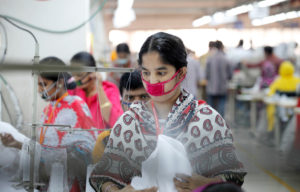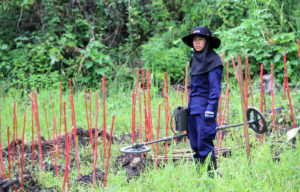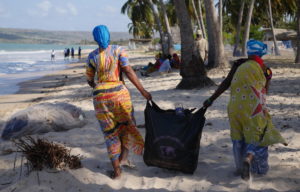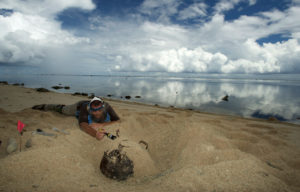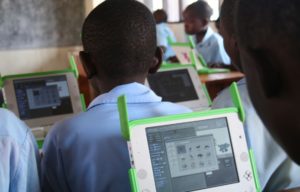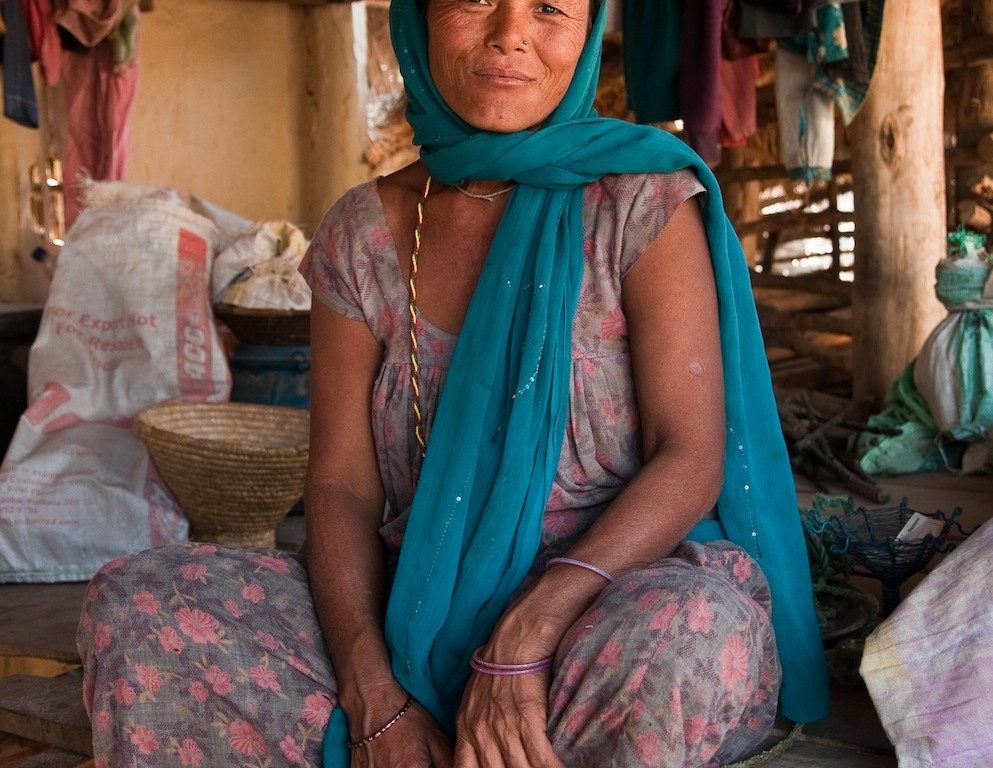
Photo: J McDowell / CC BY
Electronic Smart Card Helps Women In Nepal
Electronic debit cards give women food on the table and savings for their children’s education.
Share
Other categories
Region: Asia
Theme: Women’s Rights, Work
When you toil in the fields to put food on the table and send your husband to a neighbouring country in the hope of finding a job, it can be hard to make ends meet.
This is the situation of many Nepali women. In Nepal, more than 90% of the women are employed in agriculture, compared to just under 75% of the men. The women often do a physically hard and punishing job as well as being responsible for running the family household.
A cash card saves both time and money
As single providers, many women in Nepal experience how it can be difficult to make ends meet financially, since they do not know how the crops will turn out, or whether they can count on an extra income or not when feeding the family.
Thus, earlier this year, the UN’s World Food Programme started distributing so-called smartcards in collaboration with local banks. The WFP provides credit on the card that the women can draw on through their local bank agent. These agents are placed around in the small villages, so that the women will not have to travel far to draw their salary.
The card facilitates the most basic bank services like transferring and receiving money, and makes money accessible immediately. With this arrangement, it becomes easier to put food on the table during hard times, and provides the women with the opportunity to decide what food to buy instead of the food they have just harvested in the fields.
Fundamental understanding of economy and savings
In addition, the card helps the women keep track of their finances, as well as enabling them to send money safely to distant relatives without having to pay for a courier.
They decide for themselves how much they want to withdraw and how much to save. So, more women are now able to pay for their children’s high school education. This gives the women, who are still behind the men in educational terms, a certain professional self-confidence.
In Nepal only one out of four women knows how to read, compared to 55% of the men. However, this difference is slowly levelling out in the younger generations.
The women who have been given a smartcard are first and foremost those who have been participating in the World Food Programme, ‘Food for Assets’. This project offers the women food and money as payment for their efforts in rebuilding local houses and irrigation systems. This rebuilding improves productivity in the whole local area.
The project has been so successful that even more women in the northern part of Nepal have been introduced to the electronic bank card, which is being used by approximately 1,700 households.
